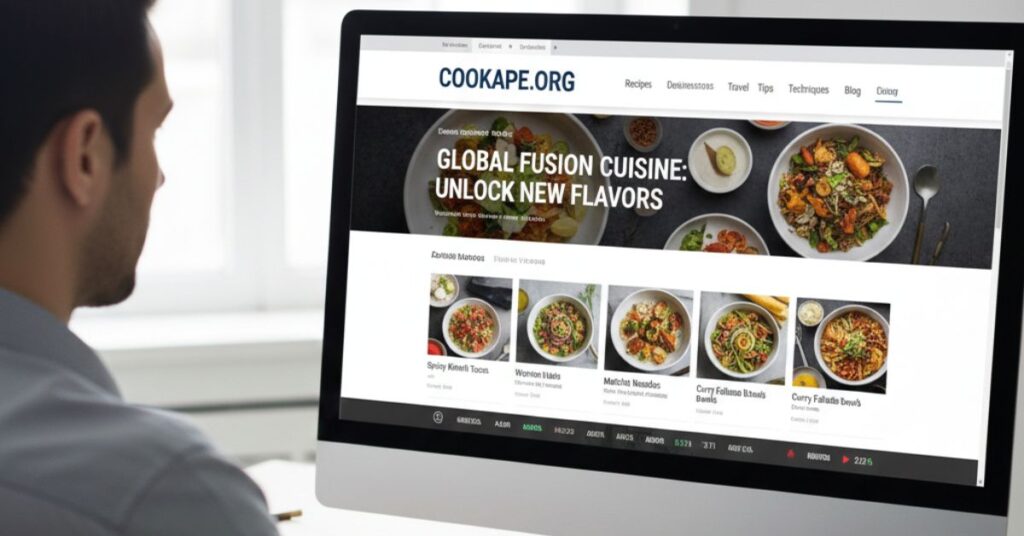As medical cannabis becomes more widely accepted across the U.S., more individuals are exploring how it can help manage a variety of health conditions—from chronic pain and anxiety to epilepsy and cancer-related symptoms. While recreational marijuana is legal in some states, obtaining a medical marijuana card offers distinct and valuable benefits. If you’re considering cannabis as part of your treatment plan, here’s why getting a medical card might be the best path forward.
Legal Protection and Compliance
One of the most significant benefits of having a medical marijuana card is legal protection. In states where medical cannabis is legal, cardholders are permitted to purchase, possess, and use marijuana within the limits of the law. Without a card, even in states with recreational use, individuals might face restrictions on how much they can buy or possess.
For patients in states that allow only medical marijuana, the card is essential to avoid legal consequences. It also provides peace of mind when dealing with law enforcement or employers in states with workplace protections for medical cannabis use. By having a medical card, you’re showing compliance with state law, which helps avoid legal gray areas.
Access to Higher Potency Products
Another advantage of holding a medical marijuana card is access to stronger, more targeted cannabis products. Medical dispensaries often carry high-potency strains, tinctures, oils, and capsules formulated specifically to address medical conditions. These products typically have higher concentrations of THC, CBD, or other cannabinoids than what’s available on the recreational market.
For patients suffering from serious conditions—like severe chronic pain, PTSD, or neurological disorders—higher-potency products can make a significant difference in symptom management and overall quality of life.
Financial Benefits
Holding a medical card can also lead to substantial financial savings. In many states, medical marijuana is taxed at a lower rate than recreational marijuana. This means patients pay less per purchase, which adds up over time—especially for individuals who rely on cannabis regularly.
Additionally, many dispensaries offer discounts for medical patients, including loyalty programs and first-time patient specials. Some also offer assistance programs for low-income patients, veterans, or seniors—benefits that are not typically extended to recreational customers.
Priority Access and Product Availability
Medical marijuana patients often receive priority access to dispensary products, especially during times of limited supply. Dispensaries may set aside inventory specifically for cardholders or offer exclusive product lines not available to recreational users.
In some locations, medical patients also benefit from faster service, including dedicated checkout lines, appointment-based visits, or exclusive shopping hours. This helps ensure that those who truly need cannabis for medical relief get consistent access to the products they rely on.
Support from Healthcare Professionals
With a medical card, patients often receive ongoing support and guidance from certified MMJ doctors. These professionals help monitor progress, adjust dosages, and offer advice on the most effective strains and delivery methods. This type of support ensures that cannabis use is safe, effective, and integrated into the patient’s overall treatment plan.
Unlike the trial-and-error experience many recreational users go through, medical patients receive personalized care backed by clinical knowledge and experience.
Eligibility for Minors and Special-Needs Patients
In some cases, individuals who wouldn’t be able to access recreational cannabis—such as minors or patients with special needs—can use medical marijuana under the supervision of a guardian and with proper documentation. Medical programs in many states include specific allowances and protections for these patients.
Seniors, veterans, and individuals with disabilities may also benefit from special access programs or priority services provided through licensed clinics and dispensaries.
Conclusion
Having a medical marijuana card offers more than just legal access—it provides patients with stronger, more effective products, better pricing, professional guidance, and a more consistent supply. If you live with a qualifying medical condition and are considering cannabis as a treatment option, applying for a medical card is a smart, practical step.
It’s not just about access—it’s about safe, affordable, and informed care tailored to your needs. Explore your eligibility today and take the first step toward improving your quality of life through medical cannabis.








